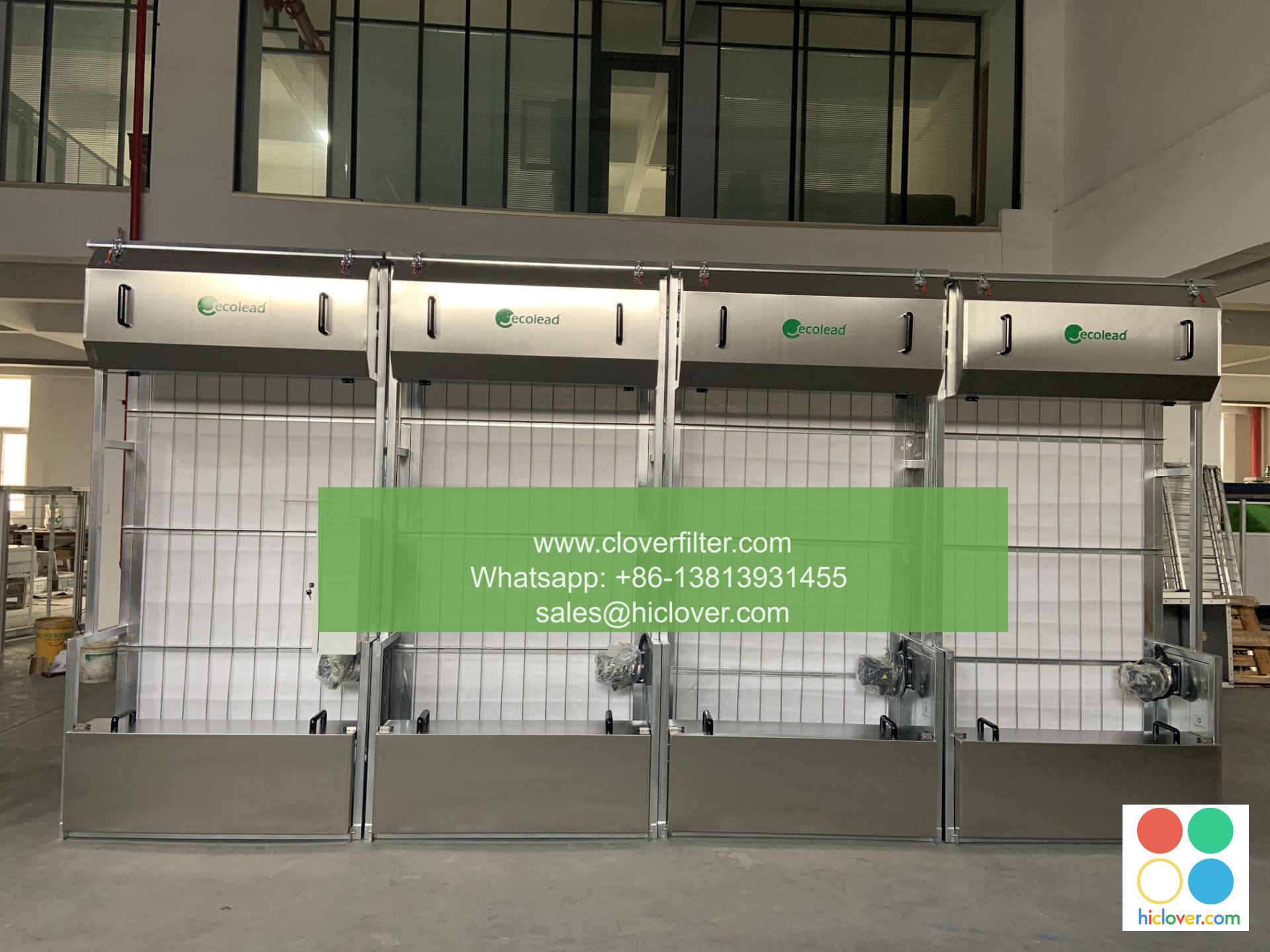How to Choose an Energy-Efficient Air Filter for Your Car

Headline: Boost Your Car’s Fuel Efficiency and Performance with the Right Energy-Efficient Air Filter
As car owners strive to reduce their environmental impact and lower their fuel costs, selecting the right air filter can play a significant role in their efforts. Modern cars use air filters to clean the air entering the engine, but traditional air filters can create significant drag, reducing fuel efficiency and contributing to increased emissions. In this article, we’ll explore how to choose an energy-efficient air filter for your car, highlighting the key considerations and applications where this technology can make the most impact.
What is an Energy-Efficient Air Filter?
An energy-efficient air filter is designed to reduce energy consumption and minimize environmental impact while maintaining performance. These filters use advanced materials and manufacturing processes to minimize airflow resistance, reducing the energy required to power the car and lowering emissions.
Key Features of Energy-Efficient Air Filters
- Low Airflow Resistance: Energy-efficient air filters allow for smoother airflow, reducing the energy needed to power the car and improving overall performance.
- Improved Particle Capture: Advanced materials and designs capture even the smallest particles, ensuring cleaner air while reducing the load on the engine.
- Durable and Long-Lasting: Energy-efficient air filters are designed to withstand the harsh conditions inside an engine, with some lasting up to 30,000 miles or more.
Choosing the Right Energy-Efficient Air Filter for Your Car
When selecting an energy-efficient air filter for your car, consider the following factors:
- Vehicle Make and Model: Check your car’s make and model to determine the compatible air filter size and type.
- Airflow Requirements: Consult your car’s manufacturer guidelines for airflow requirements, as improper airflow can compromise performance and fuel efficiency.
- Application Area: Determine where the air filter will be used, such as in the engine, cabin, or HVAC system.
Common Application Areas for Energy-Efficient Air Filters
- Engine Air Intake: An energy-efficient air filter can improve fuel efficiency by up to 5% and reduce emissions by up to 20%.
- Cabin Air: Energy-efficient cabin air filters can eliminate allergens, odors, and pollutants, improving indoor air quality and reducing the load on the HVAC system.
- HVAC Systems: Energy-efficient filters can improve system performance, enhance air quality, and reduce energy consumption.
Conclusion
By selecting the right energy-efficient air filter for your car, you can enjoy improved fuel efficiency, reduced emissions, and enhanced performance. Remember to consider your vehicle’s make and model, airflow requirements, and application area to make an informed decision. As the demand for sustainable transportation solutions continues to grow, energy-efficient air filters are increasingly becoming a key component of environmentally friendly car ownership.
It looks like you meant to type something, but your internet connection might have dropped it. Can you please try re-sending your request or prompt? I’m here to help!

